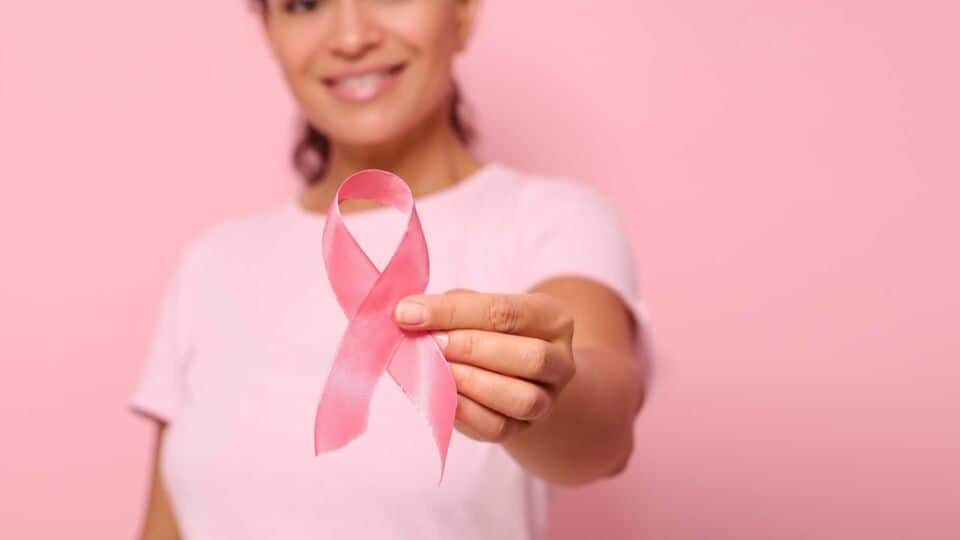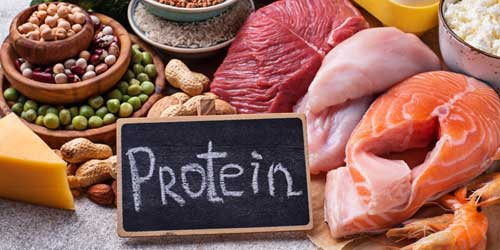Breast Cancer Among Women Aged 35 and Below

There is an increase in young breast cancer patients over the years, with a doubling in the numbers under the age of 35 years. This corresponds to the National Cancer Institute SEER worldwide statistics as well.
This young group of breast cancer patients has a unique set of challenges and needs. Their psychosocial, career and fertility concerns, as well as long-term side effects of treatments need to be addressed and taken seriously by doctors. It is also important for them to have open-conversations with their treating oncologists regarding fertility and genetic testing. When they have completed their treatment, adopting a healthy lifestyle such as avoiding tobacco smoking, balanced diet and frequent exercising are also important elements of continual survivorship.
Here are some questions regarding the Dos and Don’ts during your cancer treatment:
1. It is necessary for a patient to eat lots of high protein foods prior to chemotherapy. Is this true?
It is important for a patient who has cancer to eat well, especially if he / she is going to receive chemotherapy. Cancer itself can cause severe weight loss through a variety of reasons such as a loss of appetite, nausea or inability to absorb nutrients due to problems with swallowing or in the gastrointestinal tract. Not only do malnourished patients have reduced strength and mobility, they also display slower response to chemotherapy with serious side effects and poorer overall survivability.
A healthy, well-balanced diet is necessary to build up the body’s strength so that it will have enough reserves to cope with anti-cancer treatment and its side effects. Eating lots of proteins enables a patient to build and maintain muscle strength and immunity.

2. How does protein consumption help a patient during this period of time?
Protein is required for the continual growth and repair of the damaged body tissues. Increasing protein intake before chemotherapy will help a patient heal and recover from any surgical procedure before starting anti-cancer treatment, boosting the patient’s stores prior to chemotherapy. With increased protein intake, he / she will be able to tolerate the side effects of chemotherapy better and reduce the risk of complications.
3. How early prior to treatment should a patient start?
A patient should start as soon as the cancer diagnosis is made and chemotherapy is planned for him / her.
4. Is it recommended for patients to speak to their nutritionists before undergoing a major diet overhaul?
The key is to maintain a balanced diet. There is no need to drastically increase protein intake or start protein supplementation. Patients should include protein in every meal. If patients continue to lose a lot of weight during chemotherapy or are unable to eat at all, they should speak to their doctors and request a referral to a dietitian.
5. What kinds of food are recommended?
As patients’ appetites may be reduced during chemotherapy or be affected by changes in taste and smell, patients can eat whatever they fancy, as long as they keep to a balanced diet rich in fruits and vegetables, plenty of proteins, low in fats and red meats. They should eat when they feel hungry and drink plenty of liquids even when they do not feel like eating. Good sources of protein include fish, poultry and eggs.
6. Are there certain types of foods that should be strictly out of bounds to those undergoing chemotherapy?
During chemotherapy, the immune system is weakened. This puts patients at risk of infections, some of which can be fatal. Patients should avoid uncooked food (such as raw fish or half-boiled eggs), as well as open concept buffets and salad bars. Meat and seafood should be thoroughly cooked, and fruits and vegetables washed clean. Leftover food should be avoided at all costs.
7. What types of foods should a patient consume postchemotherapy?
Patients should continue taking a well-balanced healthy diet, high in fruits and vegetables, and low in fats and red meat. There is strong evidence that a diet rich in fruits and vegetables reduces the risk of some types of cancers, including lung and gastrointestinal cancers. Some studies also suggest that a fibre-rich diet also reduces the recurrence of breast, prostate, and ovarian cancers. It is important to note that some studies have linked eating large amounts of red meat and processed meats (like sausages, bacon and ham) with an increased risk of gastrointestinal and prostate cancers.


